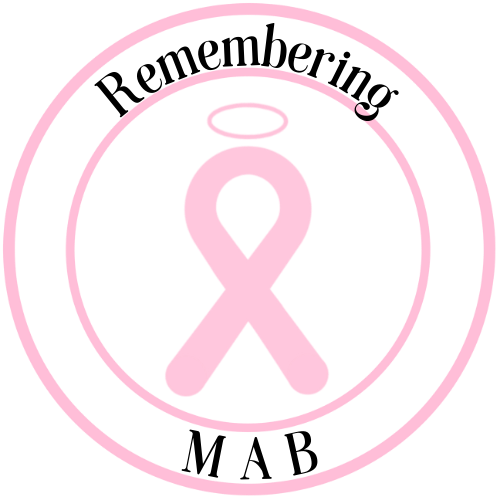The Healing Power of Forgiveness: How to Let Go of Resentment and Move On
Forgiveness is not always easy, especially when someone has hurt us deeply. We may feel angry, betrayed, resentful, or even vengeful. But holding on to these negative emotions can harm our health, happiness, and relationships. Forgiveness is not a sign of weakness or giving up. It is a powerful act of courage and compassion that can free us from the past and open us to a brighter future.
What is forgiveness?
Forgiveness is not forgetting, condoning, or excusing the wrong that was done to us. It is not letting the offender off the hook or denying our feelings. Forgiveness is a conscious decision to let go of the bitterness and resentment that we feel towards the person who hurt us. It is a choice to release ourselves from the burden of anger and pain that we carry around. Forgiveness is a gift that we give to ourselves, not to the other person.
Why forgive?
Forgiveness has many benefits for our physical, mental, and emotional well-being. Studies have shown that forgiveness can lower blood pressure, reduce stress, improve immune system function, and enhance mood. Forgiveness can also help us heal from trauma, cope with grief, and overcome depression and anxiety. Forgiveness can improve our self-esteem, self-confidence, and self-compassion. Forgiveness can also strengthen our relationships with others, as we learn to empathize, communicate, and resolve conflicts more effectively.
How to forgive?
Forgiveness is a process that takes time and effort. It is not something that happens overnight or automatically. It may require several steps and stages before we can fully forgive someone. Here are some tips to help you on your journey of forgiveness:
Acknowledge your feelings.
Don’t suppress or deny your emotions. Express them in healthy ways, such as writing in a journal, talking to a friend, or seeking professional help.
Understand the situation.
Try to see things from the other person’s perspective. What were their motives, intentions, and circumstances? What were their needs, fears, and challenges? This does not mean you have to agree with them or justify their actions. It just means you try to understand them as human beings who make mistakes.
Decide to forgive.
Make a conscious choice to let go of your resentment and move on with your life. You don’t have to wait for an apology or a change in the other person’s behavior. You don’t have to tell them that you forgive them or reconcile with them. You just have to make a decision in your heart and mind that you are ready to forgive.
Replace negative thoughts with positive ones.
Whenever you catch yourself thinking or feeling negatively about the person who hurt you, replace those thoughts with something positive. For example, you can think of something you learned from the experience, something you appreciate about yourself, or something you are grateful for in your life.
Practice compassion.
Compassion is the ability to feel another person’s suffering and wish them well. Compassion can help you heal your own wounds and extend kindness to others. You can practice compassion by sending loving-kindness messages to yourself and the person who hurt you.
For example, you can say:
“May I be happy. May I be peaceful. May I be free from suffering.” And then: “May you be happy. May you be peaceful. May you be free from suffering.”
Celebrate your growth.
Forgiveness is not easy, but it is rewarding. Recognize how far you have come and how much you have grown as a person. Celebrate your achievements and milestones along the way. Reward yourself with something that makes you happy and proud.
In conclusion:
Forgiveness is an art that can be learned and mastered with practice and patience. It is not a one-time event, but a lifelong skill that can enhance our well-being and enrich our lives. Forgiveness is not only about healing wounds from the past, but also about creating opportunities for the future. By forgiving others and ourselves, we can move forward with grace and dignity.
Wishing you all the best,
Kelly
Are your cancer screenings up to date?
Yes, I am a nurse. No, I am not your nurse. The medical topics discussed in this, or any article on this site, are intended to be issues for you to discuss with your medical team if you feel they apply to you. None of the information you are about to read in this article is treatment advice for you from me. I do not have that authority.

Hi, I’m Kelly. I am here to help you and your loved ones navigate your cancer journey with information and encouragement.
I have been both a cancer patient and a cancer patient supporter. I get what you, the cancer patient, are going through. But I also get what you, the cancer patient supporters, are going through.
I wish I could take this nightmare you are experiencing and turn it into a pleasant dream.
But I can’t.
So, what I can do instead is infuse as much hope and determination as is possible into this website for you. Here you have a place to find inspiration and support. A place to turn the chaos of cancer care into clarity.
Yes, I am a nurse. No, I am not your nurse. The medical topics discussed in this article are intended to be issues for you to discuss with your medical team if you feel they apply to you. None of the information you read in this article is treatment advice for you from me. I do not have that authority.